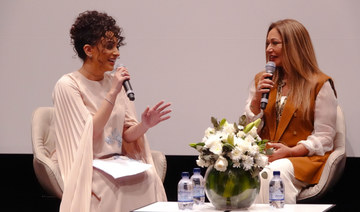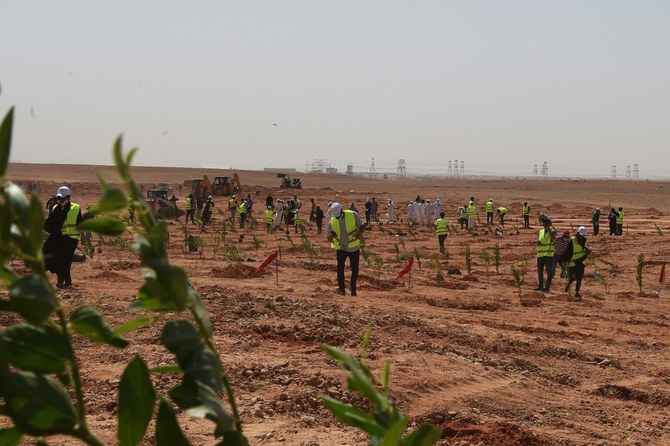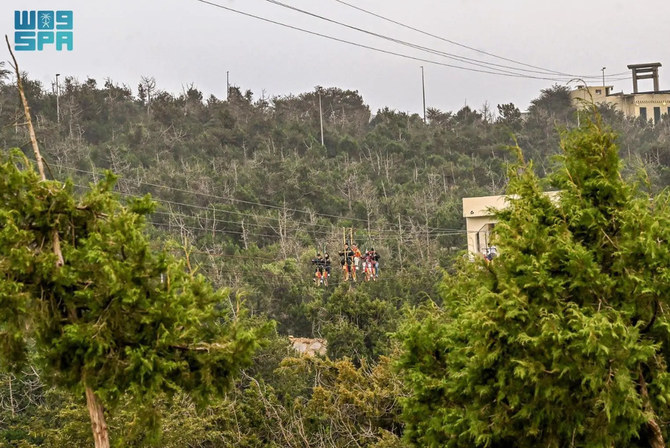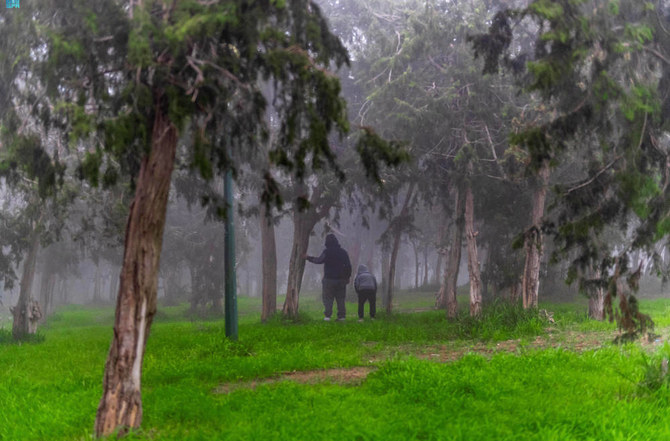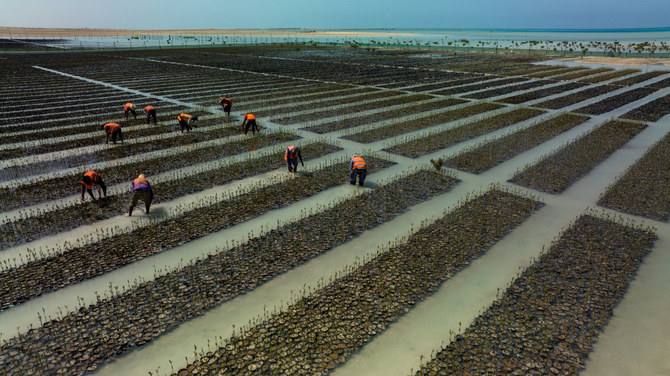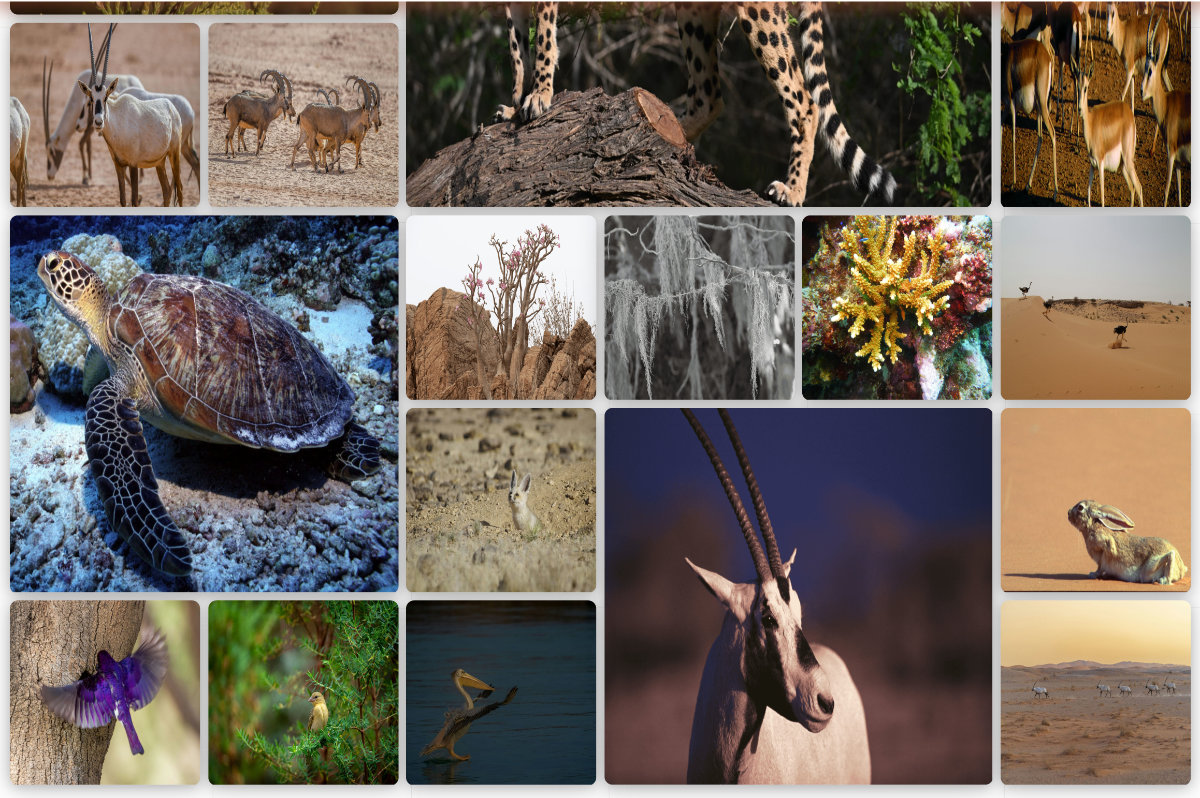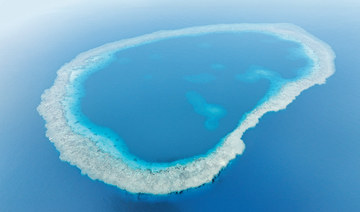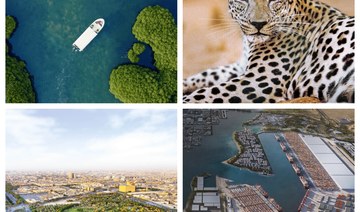DUBAI: Hakeem Jomah debuted his latest horror flick “Kayan” during the inaugural Red Sea International Film Festival, taking place in Jeddah from Dec. 6-15.
The film had its world premiere on Dec. 10.
“I had several scripts pitched to me, but none of them really resonated,” the Saudi doctor-turned-director said. “So I asked if I could write my own script. And what I enjoy writing tends to be horror and psychological thrillers.”
Thus, “Kayan” was born.
The film, which was shot over the span of two weeks in Egypt, is Jomah’s second. It tells the story about a couple far from home stuck in tense circumstances out of their control.
Starring Saudi actors Summer Shesha and Ayman Almutahar, the entire film takes place in a single night at a hotel.
“I think we shot something very raw,” Jomah said. “We didn’t have any tripods. We didn’t have any lighting. Our film is very reliant on long, drawn-out shots where we go from the lobby all the way up to the room on the stairs. Our lenses are super tight so you feel like you are those characters. You see what they see, you feel what they feel.”
I had several scripts pitched to me, but none of them really resonated. So I asked if I could write my own script. And what I enjoy writing tends to be horror and psychological thrillers, Thus, ‘Kayan’ was born.
Hakeem Jomah, Saudi filmmaker
The director admitted that the film may not be “everyone’s cup of tea,” but said that it is something he would want to watch.
“Ultimately it is a story about grief and acceptance,” he said. “It’s a very divisive film. I know it’s going to be, but all great stories are divisive stories.”
“Kayan” is the first exclusive film supported by streaming service MBC Shahid. “MBC really rolled the dice on me. I really give them props for that because they had no reason to believe that I would make something that was not a disaster. And they gave me all the space to create something I wanted,” the director mused.
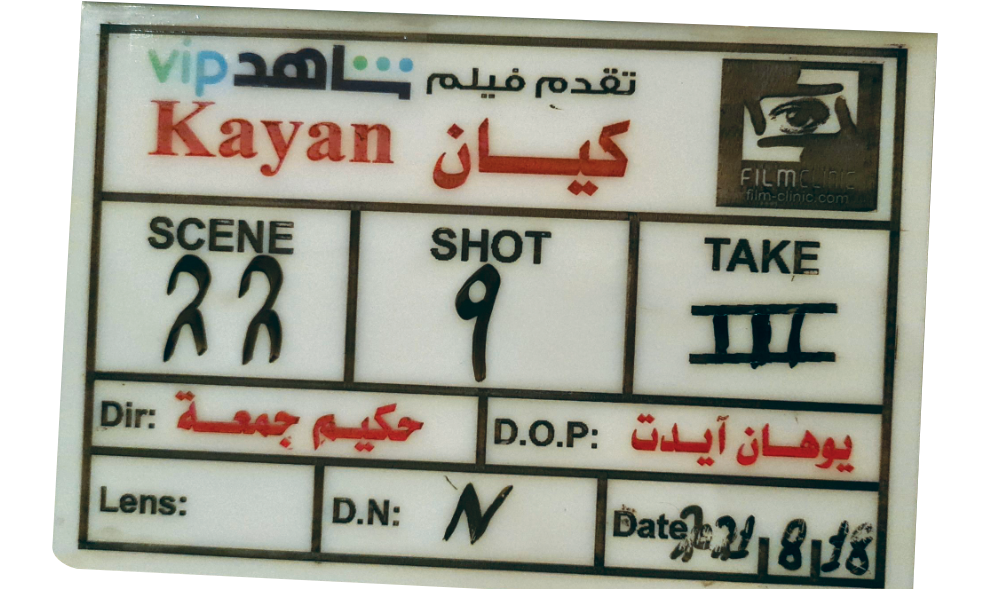
Hakeem Jomah debuted his latest horror flick ‘Kayan’ during the inaugural Red Sea International Film Festival.
Jomah’s film was not going to be part of the Red Sea International Film Festival’s line-up. Initially, he was just supposed to make a trailer, but then received a call from the festival organizers asking if he could deliver the entire film.
“So we went into intensive, hardcore editing. We’ve been working tirelessly night and day to make that happen.”
Jomah said that he is “honored, excited and nervous” to take part in the inaugural festival.
“Joining my friends and my colleagues on such an international front is a true feat from where we were five years ago. And every one of the local filmmakers on the roster is an honor to be in the trenches with,” he said.
“If you had told me a few years ago that Joe Wright would be premiering his latest film in Jeddah, it would have been unbelievable. We get to be among some of the world’s most seasoned filmmakers as colleagues and participants in what is bound to be the epicenter of film in the Middle East this year,” the filmmaker said.
Jomah was born in Jeddah and relocated to Scotland when he was two years old. His family moved back to Saudi Arabia where he continued his education and eventually enrolled in medical school to become a doctor.
A cinephile at heart, the director, who growing up would fly to Dubai with his family to watch films, decided to pursue filmmaking seriously in 2016.
“It was one fateful day when ‘Barakah meets Barakah’ came out. And it was the first Saudi film to get international renown. And for me, ‘Saudi film’ and ‘international renown’ were things I’d never thought I’d hear in the same sentence so it kind of pushed me to make something,” he said.
He traveled to the supposedly haunted Madayen Saleh ruins in the north of the Kingdom to shoot his first film alongside the only other person he knew who loved film as much as he did — his wedding photographer. He called up Saudi actor Khaled Yeslam to star as the lead.
“I didn’t have the know-how to make a film,” he recalled. “It took us eight months to edit that movie because we didn’t know how to edit.”
“Madayen” was rejected by several international film festivals, before it was picked up by the Hong Kong Independent Film Festival.
It was also screened at the Arab Film Festival in Los Angeles, which Jomah, who was still practicing as a doctor at the time, had to take unpaid leave to attend.
“The first time it was screened to a Saudi audience they went pretty crazy for it,” Jomah said. “I realized I wanted to (make films) forever when I was sitting in the theater with all Saudis and they didn’t know I was the filmmaker. I was just a guy in the audience. And when the first jump scare happened and everyone gasped, and then they started laughing as they do, I realized that it was a very euphoric sensation where I did a thing and people reacted positively to it.”
It wasn’t until shortly after Saudi Vision 2030 reform program was announced that Jomah decided to quit his job in the ER and pursue filmmaking full-time. “I saw this as a chance to be part of the kingdom’s cinematic identity,” he explained.
The filmmaker revealed that he will continue to create horror films, a genre he feels is lacking in Saudi Arabia. “I feel a trap we used to fall in a lot of the time was we created something that romanticized our region to Western audiences. I just want to see genre films. I want to see stories. I don’t want to see this hyper-orientalist kind of spotlight on us. I would love to see a Saudi superhero. Not everything has to be so deep and meaningful.”
Indeed, sometimes it just has to be frightening.




